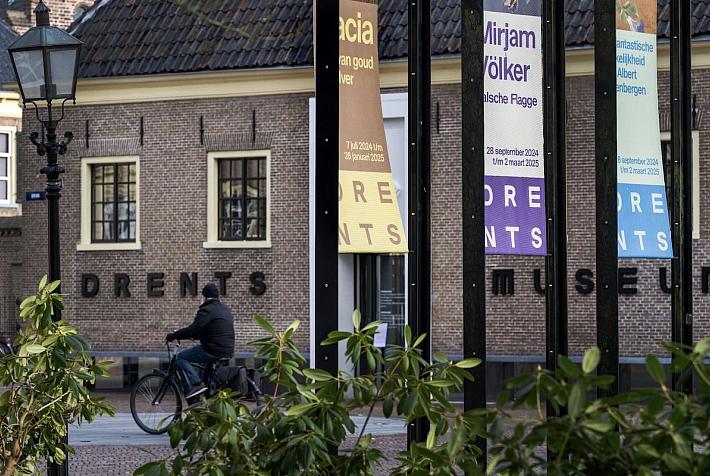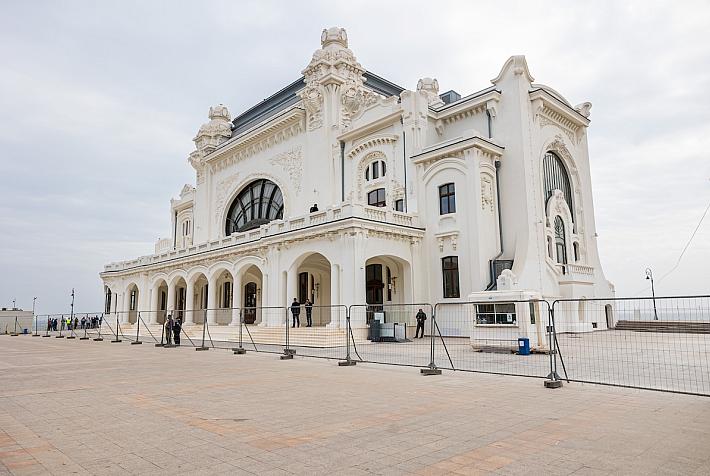World Bank economist looks into migration negative and positive effects on Romania

“Beautiful, newly-erected houses in an otherwise deserted place. There couldn’t be a better image for the effects of Romanian emigration,” World Bank lead economist Donato De Rosa writes in a blog post.
“If you are wondering who owns the ghost houses, you only have to look at the sheer number of Romanians living and working abroad - between 3 and 5 million according to some estimates or 3.6 million, according to the UN (2017). Of these, 2.7 million are of working age, equivalent to a staggering 20.6 percent of Romania’s working age population!” he continues.
His post analyzes some of the effects of migration on the Romanian economy and society overall, which have been documented in recent World Bank reports.
One of the main negative consequences is brain drain, as over a quarter (26.6%) of Romanians with higher education have left the country, depriving the country of the knowledge and skills necessary to boost productivity and living standards in the long run.
The consequences are visible on the labor market in big cities and especially in the healthcare sector, where more than 25% of the Romanian doctors, some 14,000 in total, left the country between 2000 and 2013, leaving many positions unfilled and whole villages without medical assistance.
“Skill shortages may, sooner or later, lead to increasing wages in the professions that are most in demand. This may help stem the brain drain and persuade some of the more skilled migrants to come back, although the reasons behind the decision to leave the country, especially for skilled professionals, often go beyond remuneration,” Donato De Rosa writes.
Low-skilled people have also been drawn to work abroad due to higher wages, which allowed them to send money back home and improve their living conditions, especially in rural areas. The price for this, however, was that entire generations of children, some 100,000 according to World Bank estimates, have been left behind to grow without one or both of their parents. These children are more likely to drop out of school and be marginalized, according to the article.
However, migration can also be a resource for Romania, as over 33,000 Romanian students are enrolled in foreign universities and some of them could return to make a difference in their country.
“But migrants can also help the country in ways that are more important. As argued in the recently published Systematic Country Diagnostic for Romania, institutions are the critical constraint to the country’s long-term development. Romanian emigrants can return with a fresh perspective on how a society can be fairer and an economy more efficient,” the World Bank economist concludes.
World Bank points out to major gap between urban and rural Romania
editor@romania-insider.com
(Photo source: freeimages.com)











